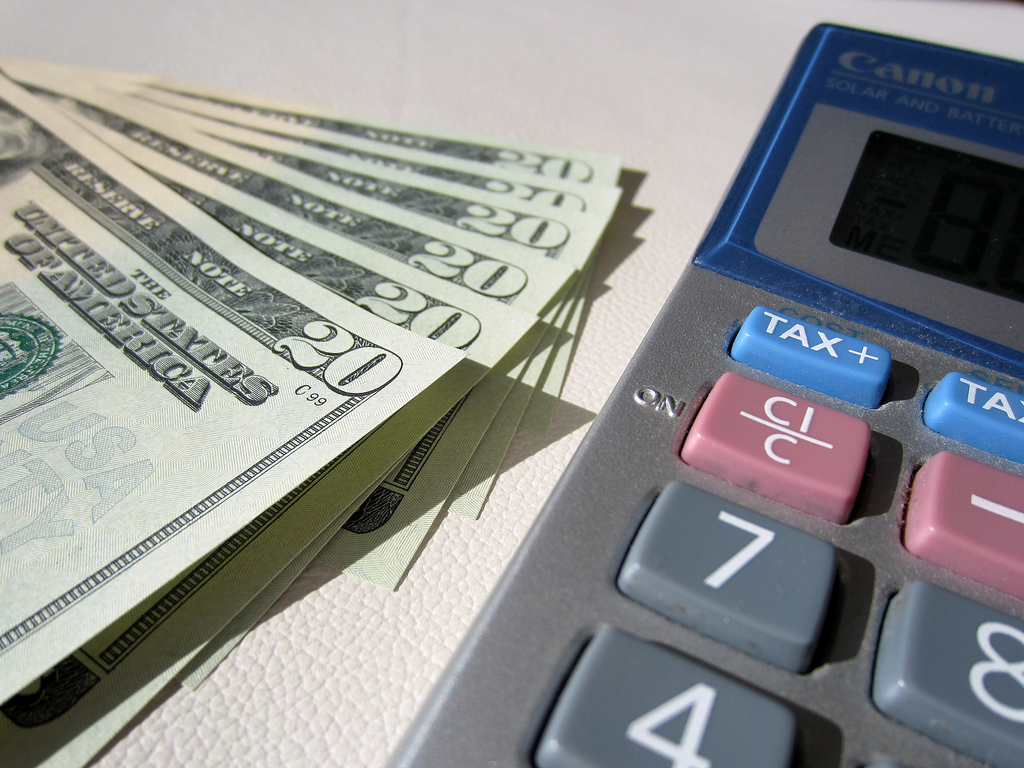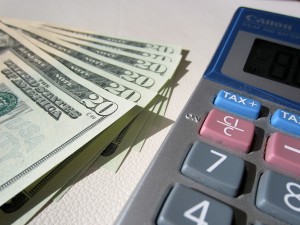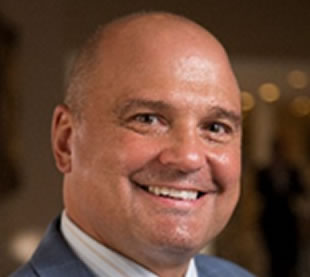
5 Reasons Why Higher Interest Rates Matter

PHOTO | 401kcalculator.org
For the past decade, we have lived in a period of relatively low interest rates. In response to the 2008 market and economic collapse, The Federal Reserve Bank (the Fed) began a multi-year policy of accommodative monetary policy, which kept both consumer and corporate interest rates low. At the same time, overseas financial institutions, like The Bank of Japan and The European Central Bank, followed suit by lowering rates and taking other accommodative actions that helped global economies recover.
Now, with the U.S. economy roaring ahead, the Fed is raising U.S. interest rates. Our strong job market, low unemployment rate, and rising wages are welcome news on Main Street, but unfortunately, the central bankers in Washington see those gains as posing a risk to inflation. The Fed doesn’t want our economic recovery raising prices too much, so it is raising interest rates—which will have the effect of slowing the economy down.
Here are 5 ways higher interest rates can impact you and your financial life:
Consumers will pay more interest on their loans. As interest rates rise, the cost of borrowing increases for purchases like a car, a home, and college tuition. In addition, existing debt that is tied to a floating-rate index, such as some home equity loans will also rise in cost. Unfortunately for individuals, as interest costs rise and consumers put more money toward paying their loans they have less money available for spending or saving for college or retirement.
Companies will also pay more for their debt. When interest rates were low, companies loaded up on cheap debt. Now with interest rates on the rise, the cost of that debt on their balance sheets can become more expensive. When companies must pay more for their debt they don’t have that cash to pay workers more or buy more inventory to grow. In this way, the higher interest expense could trickle into the job market and slow down the economy.
Bonds and bank accounts have higher yields. When bond yields and bank interest rates are higher, they more effectively compete with stocks for investors’ capital. While this is good for low-risk savers, if money leaves the stock market for these safer returns, that could lead to stock price declines, which could hurt your 401(k) and other investments.
Higher U.S. debt burden for taxpayers. Our country will soon have $22 trillion in debt, and even small increases in interest rates could lead to hundreds of billions of dollars more in debt costs over time. This in turn increases our accumulated deficits, putting further pressure on interest rates and our economy.
The dollar could rise against foreign currencies. Higher interest rates could attract overseas capital, thereby causing the value of our currency to rise on a relative basis against other countries. Of course, many factors impact currency exchange rates, but higher relative interest rates are a key factor. If this happens it could raise the cost of our exports (because our currency is more expensive)—which will hurt exporters, potentially slow down our economy, and slow the recent wage gains.
Rising interest rates are rarely a friend to a healthy economy and to the stock market. And when interest-rate increases occur rapidly, the damage could be exacerbated. Consumers, corporations, investors, and just about anyone involved in the economic activity of our country may be impacted. Therefore, it makes prudent sense to look at your current investments and overall situation and position yourself accordingly. Forecasting interest rates is a very inexact science, but if the U.S. economy continues its very strong trajectory, the likelihood that our interest rates decline also declines.
Contributor’s Bio
Mark Avallone is the author of Countdown To Financial Freedom, and founder and President of Potomac Wealth Advisors, LLC a financial advisory firm serving clients through holistic financial planning and wealth management. Avallone writes on a variety of financial topics, and his contributions have appeared in the Wall Street Journal as well as in Forbes where he is a regular contributor. He has appeared on CNBC and has been a repeat guest on the Fox Business Network. His insights have also appeared in USA Today, U.S. News & World Report, The Washington Post, and other leading publications.
Securities and Investment Advisory Services offered through H. Beck, Inc. Member FINRA, SIPC 6600 Rockledge Drive, 6th Floor, Bethesda, MD 20817
(301) 468–0100
Mark Avallone is a registered representative and an investment advisor representative of H. Beck, Inc., which is unaffiliated with Potomac Wealth Advisors, LLC.



Engage us on Facebook
Follow us on Twitter
Tweets by @mymcmedia